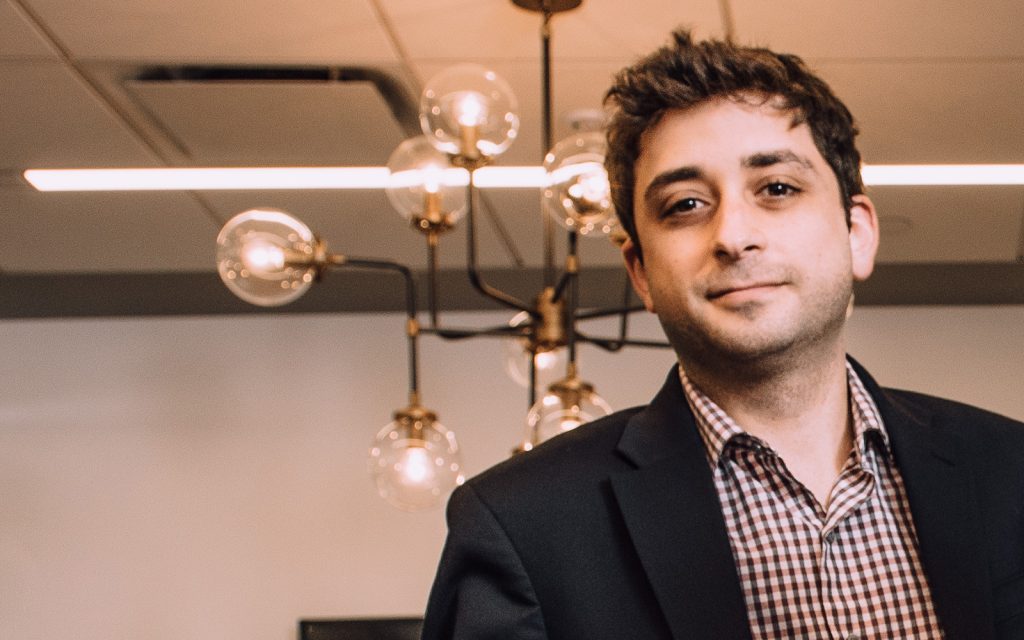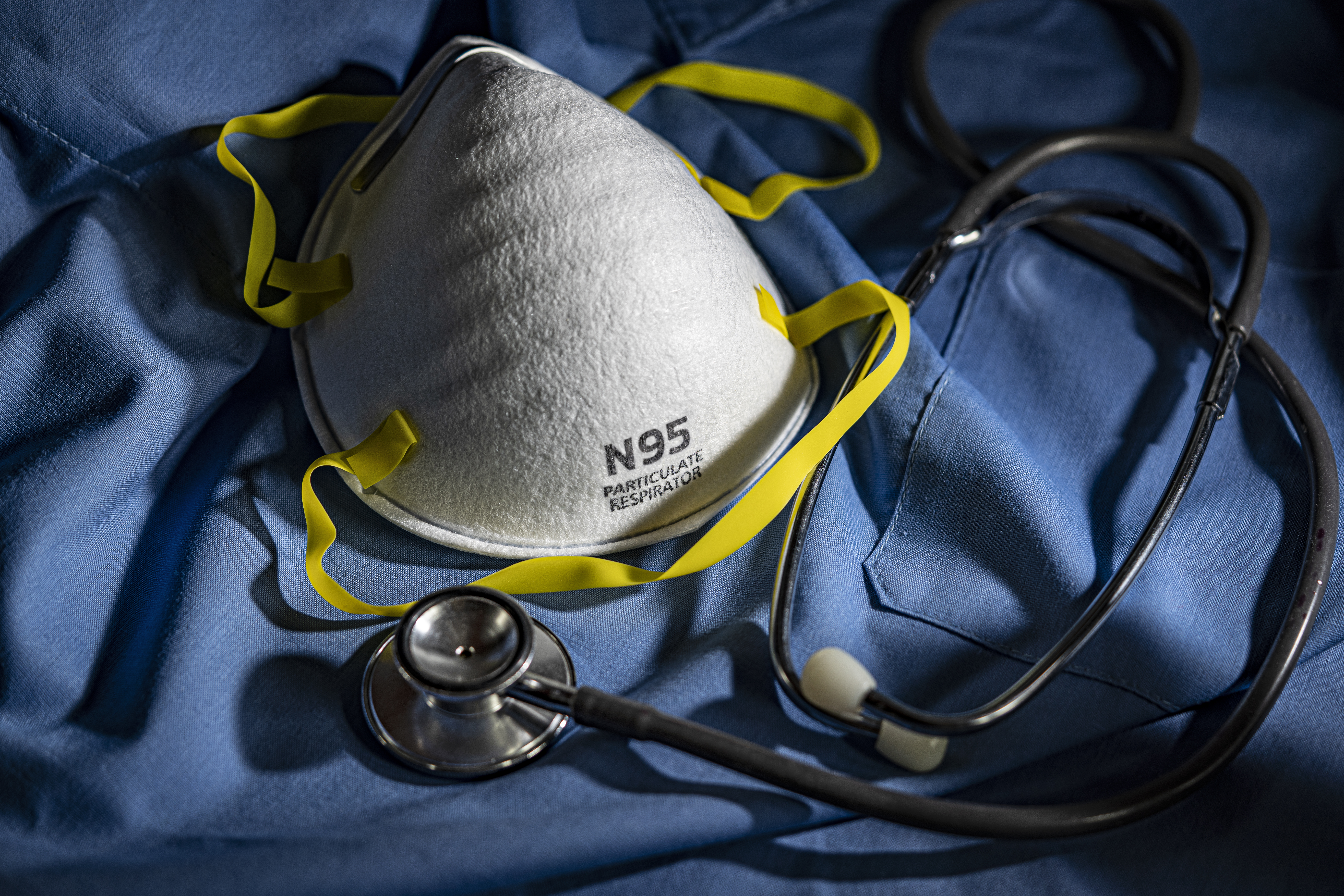When entrepreneur and UConn alumnus Nadav Ullman ’12 (BUS) heard that school children had been asked to make cloth medical masks for health care workers treating COVID-19 patients, he knew he had to act.
“This seemed like something you’d hear about in a Third-World country,’’ Ullman says. “I initially thought ‘How could this happen?’ and my next thought was, ‘Who is going to do something about it?’’’
In less than a month, Ullman and six others entrepreneurs–experts in everything from tech to health care to government, and most of them strangers to each other–banded together to create Project N95, a national medical-equipment clearinghouse.
To date, they’ve helped 6,800 U.S. hospitals and health care centers source 252 million units of personal protective equipment (PPE), including N95 facial masks, ventilators, surgical gloves, hand sanitizer, and more.
“We are, essentially, a rapid-response team, sourcing medical equipment at a time when it is extraordinarily difficult to find. We will keep it going for as long as it takes,’’ Ullman says. “While I wish this service had never been needed, I’m glad that this project is bringing tremendous benefit to the health care community.’’
Project N95’s success has been touted everywhere from the New York Times and Forbes to CNBC and Bloomberg. The project has been hailed by Mark Cuban, of Shark Tank and Dallas Mavericks fame; Andy Slavitt, acting administrator of Medicare and Medicaid under President Barack Obama; and Nikki Haley, the former U.S. ambassador to the United Nations under President Donald Trump.
Managing A Complex Web of Supply-Chain Problems
What Ullman and the Project N95 team discovered was that there were suppliers worldwide who could alleviate the PPE shortage, but the supply chain had broken down.
“It’s not just that there’s a shortage of PPE, it’s more complex. Existing supply chains are used to purchasing from U.S. companies, like 3M,’’ he says. “Across the globe, some of those supplies existed, mostly in China, but the problem is that U.S. procurement teams are not set up to buy from non-American companies.

“There were a host of problems, such as language barriers, payment issues (many foreign companies want payment upfront), logistics, and customs issues. Also, there was a massive black-market selling these supplies,’’ Ullman says. “We uncovered a complex web of problems.’’
Sourcing is difficult right now because of the comprehensive vetting that is needed, he says.
“The core of our organization is focused on vetting the thousands of suppliers. We look at pictures of equipment, videos of the manufacturing site, and check certifications,’’ he says. “It’s an in-depth process and we do everything we can short of having boots on the ground in China.’’
A team of 100 volunteers is required to keep pace with the demand. “It’s really a testament to the amazing volunteers who raised their hands and were willing to help,’’ Ullman says. They not only initiate business matches but have been able to group smaller buyers together to fulfill minimum orders.
One unexpected twist is that Project N95 developed such sophisticated “real time” data, that governments turned to the clearinghouse to discover what the needs were across jurisdictions.
“We are helping enable governments to do their part,’’ Ullman says.
Ullman Started His Entrepreneurship Journey at UConn
Ullman, a tech entrepreneur and investor, is leading the clearinghouse in addition to working his full-time job, spearheading fleet-management initiatives at Cruise, an autonomous-vehicle manufacturer based in San Francisco.
Ullman established himself as an entrepreneur while still a UConn student. He and business partner Thomas Bachant ’13 (ENG) created a company called Sobrio, which employed designated drivers to safely transport students home from a night on the town. Their company was the inaugural winner of the School of Business’ Innovation Quest competition.
Their logistical experience soon led to the creation of Dashride, a highly successful, Manhattan-based mobile dispatching company that served nearly 500 transportation clients. It was recently acquired by Cruise.
Despite his many successes, this is Ullman’s first project that involved safeguarding the lives of medical experts. Will this be one of the highlights of his career? The question briefly stumped Ullman.
“I’ll have to think about that in a couple weeks,’’ he says. “Right now, my biggest concern is what do I have to do just to move a shipment of masks to those who need it. It’s pretty wild, this virus. It has touched every corner of the world.’’



